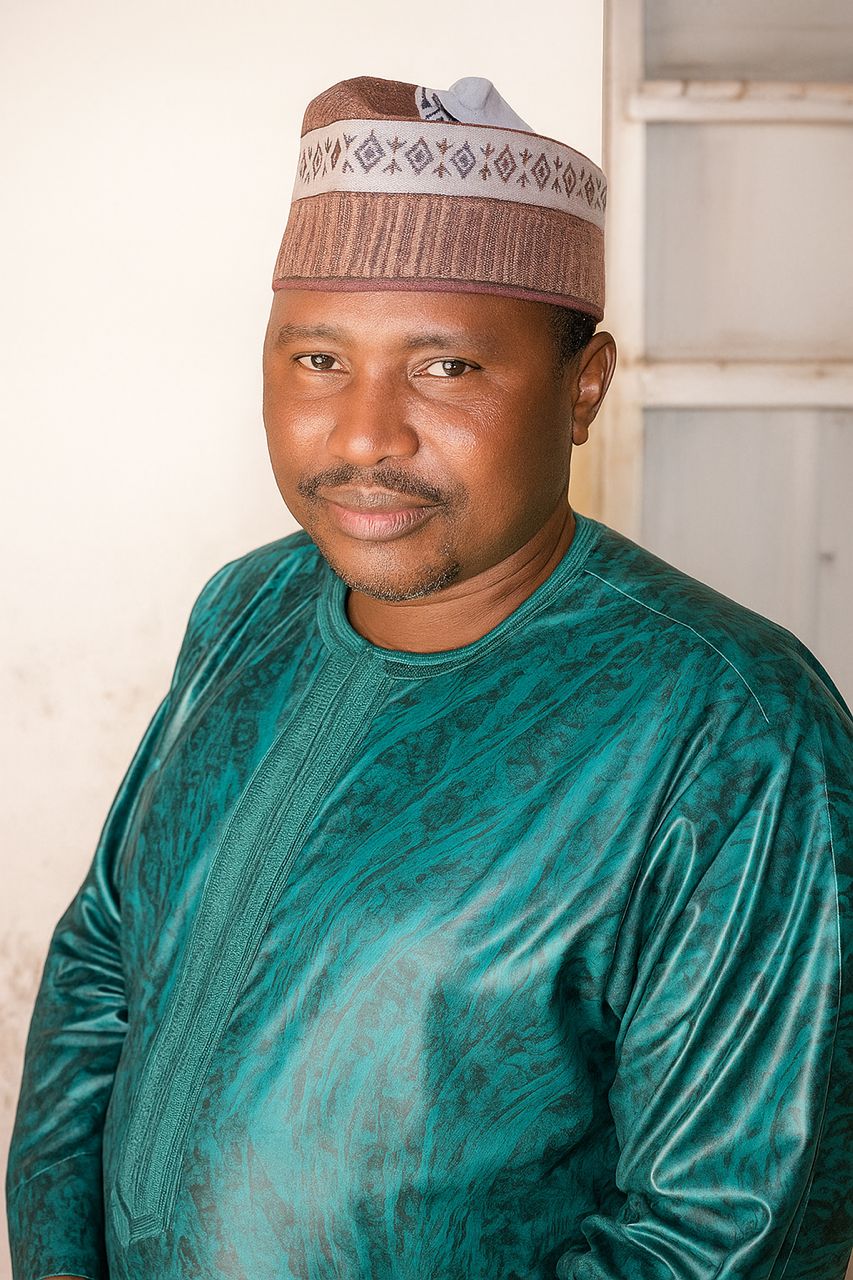Army Chief, Shuaibu Waidi places soldier welfare at the centre of military reforms
By: Zagazola Makama
The Chief of Army Staff (COAS), Lt.-Gen. Waidi Shuaibu says the Nigerian Army under his leadership will prioritise troop welfare, sound administration and fairness in postings and appointments to sustain morale and enhance operational efficiency.
In the heart of the North-East Theatre Command where the Nigerian military continues its long-running offensive against insurgents the COAS is quietly redefining leadership by placing the soldier, not the system, at the centre of operational strategy.
During a working visit to the theatre, Waidi dwell on combat updates and tactical assessments during a three hourz meeting with the Theartre Commander Operation HADIN KAI and Principal Staff Officers of the Command.
However shortly after the meeting, his message revolved around a singular theme: the wellbeing of the soldier.
“My coming here is, first and foremost, to appreciate the troops for what they have been doing and the extent they are going to secure the entire area of operations,” he said.
For a region that has seen nearly 15 years of conflict, appreciation means more than ceremonial words. It signals a shift from fighting capability alone to an integrated vision of welfare, morale and effective administration.
Waidi inherits the soldier-first concept introduced by his predecessor, but he is determined to expand its scope.
“As soldiers get what is due to them on time, we will see how we can extend that to their families at home while they serve their fatherland,” he said.
In operational camps from Borno to Yobe, soldiers recount how morale is shaped not only by equipment or logistics, but by the knowledge that the institution values them and by extension, their families. With deployments stretching for months in harsh terrain, welfare often becomes synonymous with motivation.
Military scholars describe this as the morale foundation of fighting power. Waidi echoes the same thought: Knowing fully well that the morale concept of fighting power is key to achieving the desired expectations.”
Beyond welfare, Waidi is turning his attention inward to the machinery of the Army itself.
He insists that administrative transparency will be non-negotiable. Postings, promotions and appointments, he says, must be based on merit and professionalism.
“We will ensure that the right people are placed in the right places. We will appoint the right commanders and staff officers to ensure fairness, justice and that every person gets what is due to him.”
In an institution where postings often determine career direction and battlefield effectiveness, this declaration sends a strong signal. For many soldiers, the reassurance that “every person will get their dues” may be the morale boost they have long demanded.
Waidi acknowledges that welfare is more than policy statements. It is timing allowances paid when needed, not after months of delays.
He confirmed that operational allowances and the newly approved ration cost allowances would be paid promptly.
“We will continue to pay their allowances on time. With all these packages for them, they will know that they are being taken care of.”
The ration cost allowance in particular has been applauded in frontline formations, where troops often rely on personal funds to augment feeding during prolonged operations.
Experts say the implications of Waidi’s welfare approach extend beyond the immediate war efforts.
A motivated soldier is more alert on duty, less vulnerable to psychological fatigue and less likely to be swayed by extremist persuasion. In an era where hybrid warfare includes misinformation, propaganda and targeted psychological operations, strong welfare becomes a strategic defensive tool.
Waidi’s approach signals a new chapter for the Nigerian Army one where administration, welfare and operational efficiency are aligned toward a single objective: strengthening the human component of military power.




























